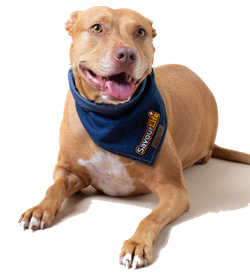Just like us, dogs go through different life stages—and their nutrition needs to change along the way. From energetic puppies to mellow seniors, what you put in your dog’s bowl matters more than you might think. Feeding the right food at the right time can help them grow strong, stay healthy, and enjoy a longer, happier life by your side.
So, let’s take a tour through the life stages of your dog and find out what kind of food keeps them thriving from puppyhood to the golden years.
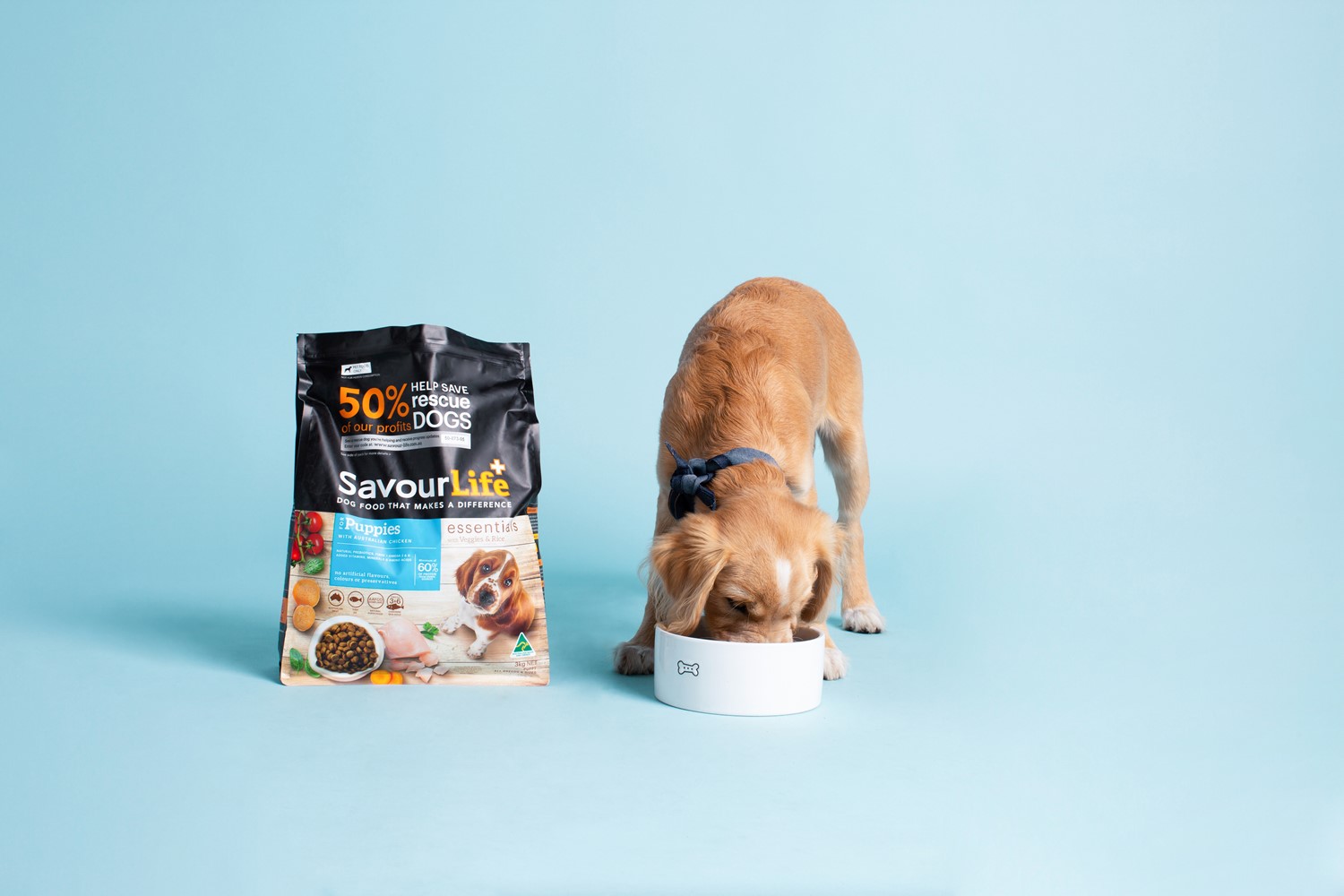
Stage 1: The Puppy Phase (0–12 Months)
The vibe: Playful, clumsy, growing faster than you can say “sit!”
Nutritional needs: Puppies are like tiny, fluffy rockets—they grow rapidly and burn energy fast. That means they need more calories, protein, and key nutrients like calcium and DHA (a healthy fat that supports brain development).
What to feed: Choose a puppy-specific formula that’s labeled as “complete and balanced” for growth. These foods are specially designed to support:
- Bone and muscle development
- Healthy brain and vision (thanks to omega-3s like DHA)
- A strong immune system
Pro tip: Large breed puppies have different growth needs—too much calcium can lead to joint issues. Look for large-breed-specific puppy formulas if your dog will grow to 25kg+.
We recommend our Australian Puppy Range which contains all the extra nutrients, energy, and healthy ingredients your puppy needs to help support muscle and bone development so they grow up to be the best dog they can be!
See what’s best for you right here - Puppy Food & Treats
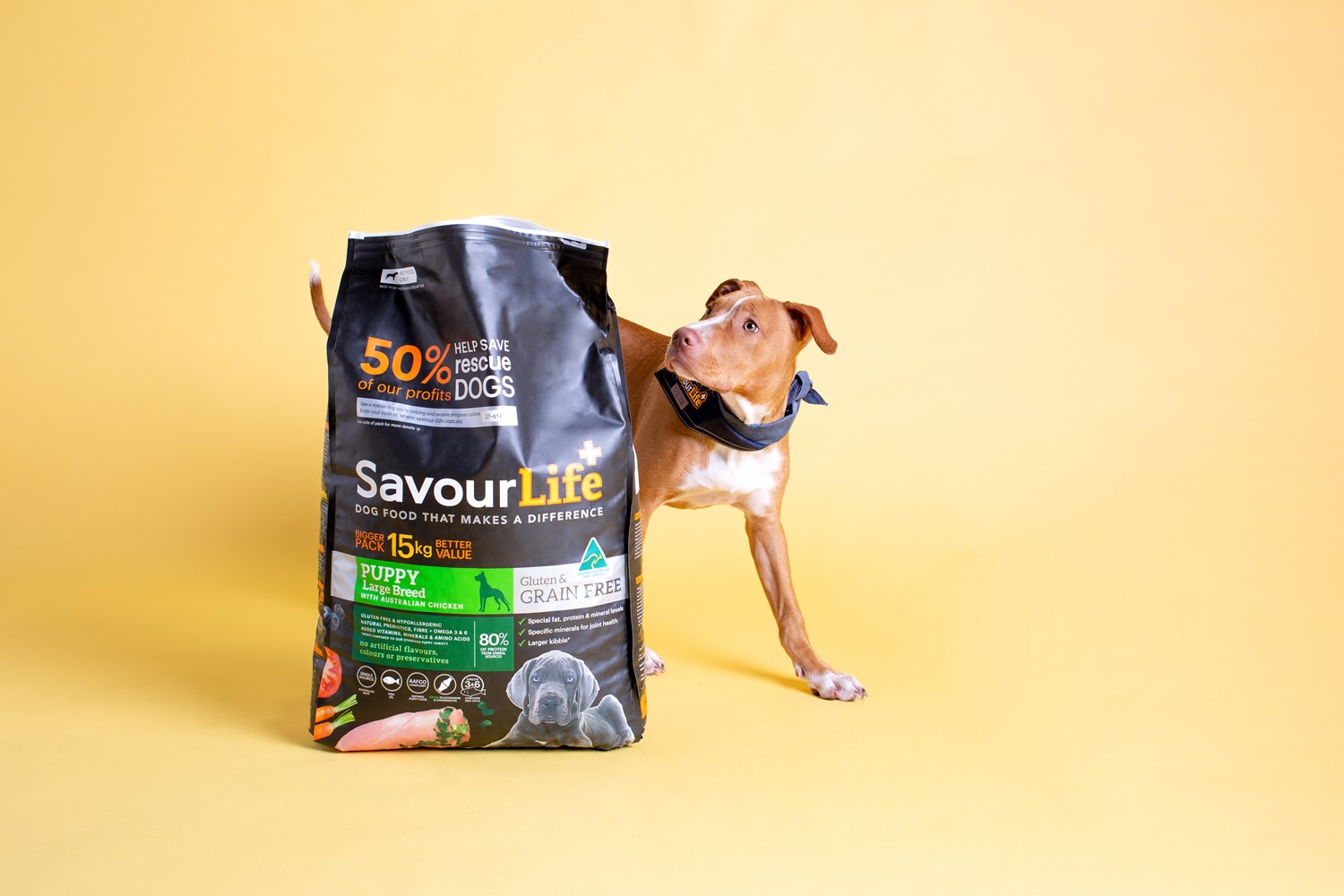
Stage 2: The Teenage Tornado (6–18 Months)
The vibe: Still growing, full of beans, testing boundaries.
Nutritional needs: Your dog is transitioning out of puppyhood but still needs extra fuel to support the final stages of growth.
What to feed: Depending on your dog’s breed and size, you might continue feeding puppy food until 12–18 months. Transition slowly to adult food when:
- Their growth plateaus
- Your vet gives the green light
- They’re losing the “puppy chunk”
Quick tip: Switch foods gradually over 7–10 days to avoid tummy troubles.
We recommend our Australian Puppy Range which contains all the extra nutrients, energy, and healthy ingredients your puppy needs to help support muscle and bone development so they grow up to be the best dog they can be!
See what’s best for you right here - Puppy Food & Treats
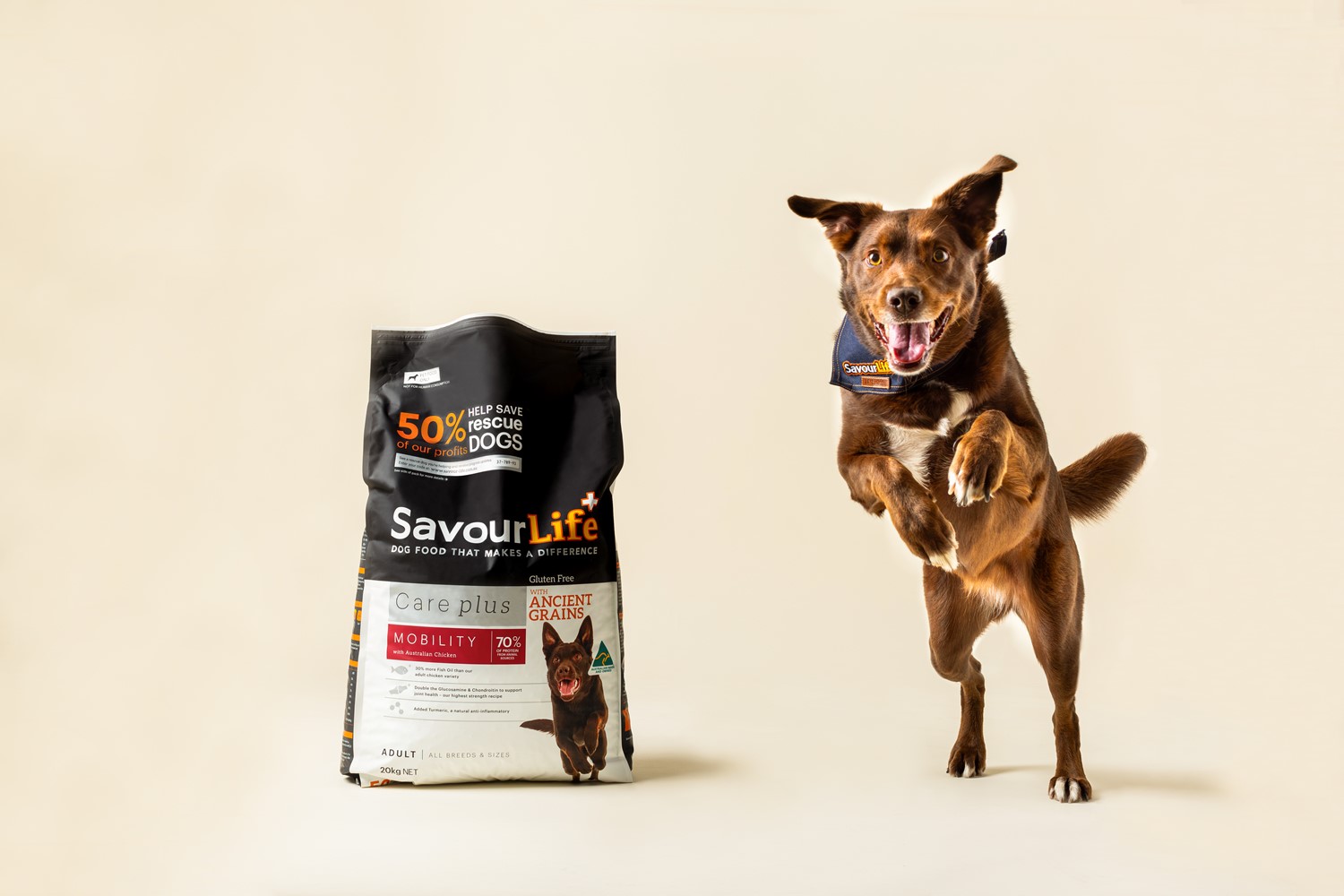
Stage 3: Prime Adulthood (1–7 Years)
The vibe: Confident, active, your everyday companion.
Nutritional needs: Now that they’ve finished growing, it’s all about maintenance—keeping weight in check, fueling their activity, and supporting long-term health.
What to feed: Feed a high-quality adult dog food that matches their lifestyle:
- Active dogs need more protein and calories
- Couch potatoes need lower-calorie options to avoid gaining weight
- Dogs with sensitivities may benefit from grain-free or single-protein recipes
Fun fact: Adult dogs still need omega-3s! These healthy fats keep skin, joints, and that glossy coat in top shape.
We recommend our Grain Free Range, which is an excellent source of natural nutrients for dogs of all sizes and ages. It is an all-natural, holistic, Australian-made, grain-free, gluten-free food with natural superfood inclusions with absolutely no artificial nasties.
See what’s best for you right here – Grain Free Range
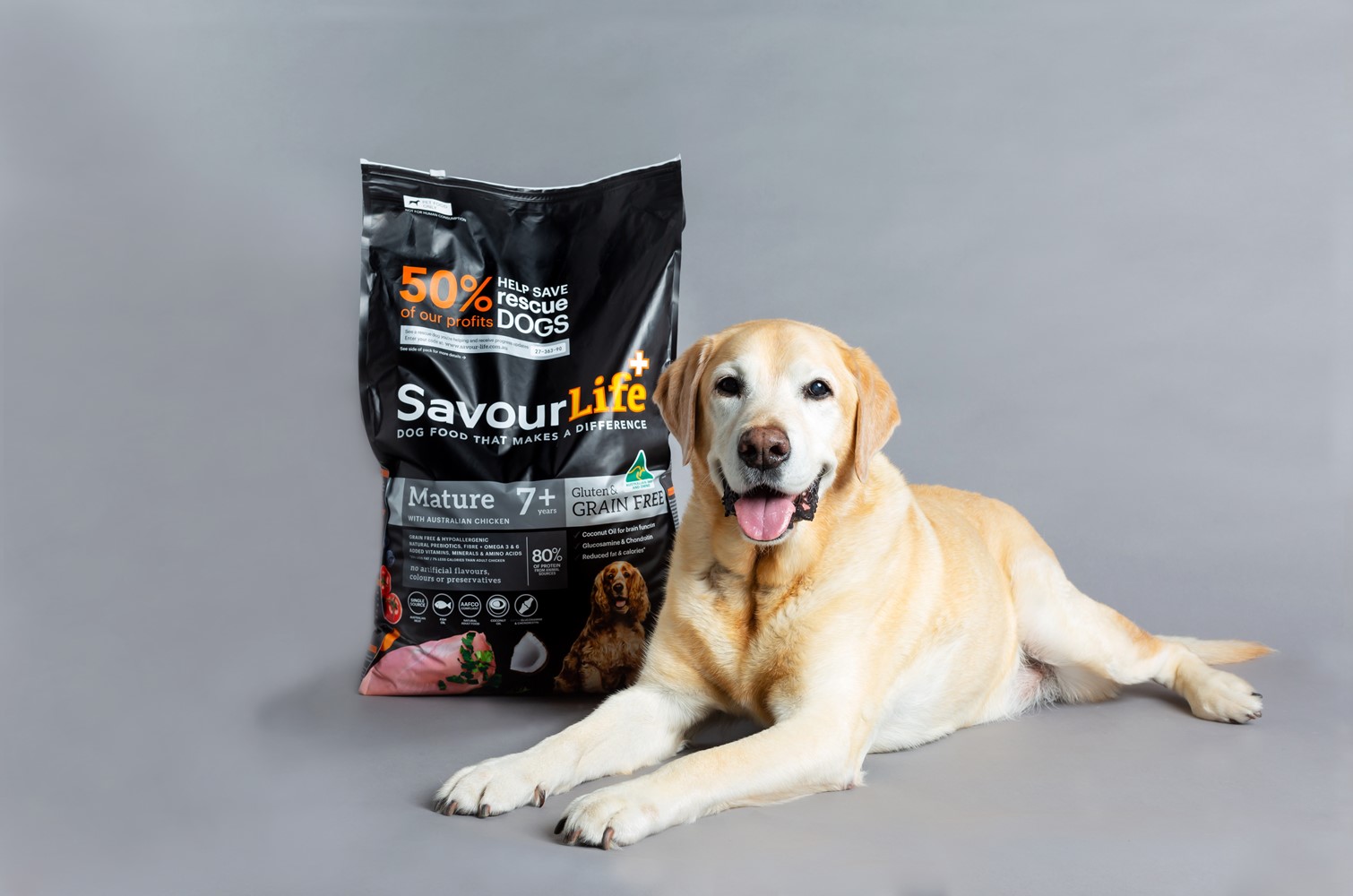
Stage 5: The Senior Sweetheart (7+ Years for Most Dogs)
The vibe: Cuddly, wise, a little slower, but still your best friend.
Nutritional needs: As dogs age, their bodies change. They may become less active, experience stiffness, or lose muscle mass. Some dogs may also develop conditions like kidney disease or dental issues.
What to feed: Senior dog formulas often include:
- Easier-to-digest ingredients
- Moderate protein levels to maintain muscle
- Added glucosamine and chondroitin for joint support
- Slightly fewer calories to prevent weight gain
Extra tip: Wet or air-dried food can be gentler for dogs with dental problems, and it often smells more enticing for picky senior appetites.
We recommend our Mature 7+ Range, which is a complete dog food specifically tailored to address older dogs' digestion and dietary needs, with reduced protein, calories, and fat.
We’ve added Coconut Oil which is scientifically proven to boost brain function by providing a dog’s brain with an alternative energy source to keep their minds healthy and active.
See what’s best for you right here – Mature 7+ Range
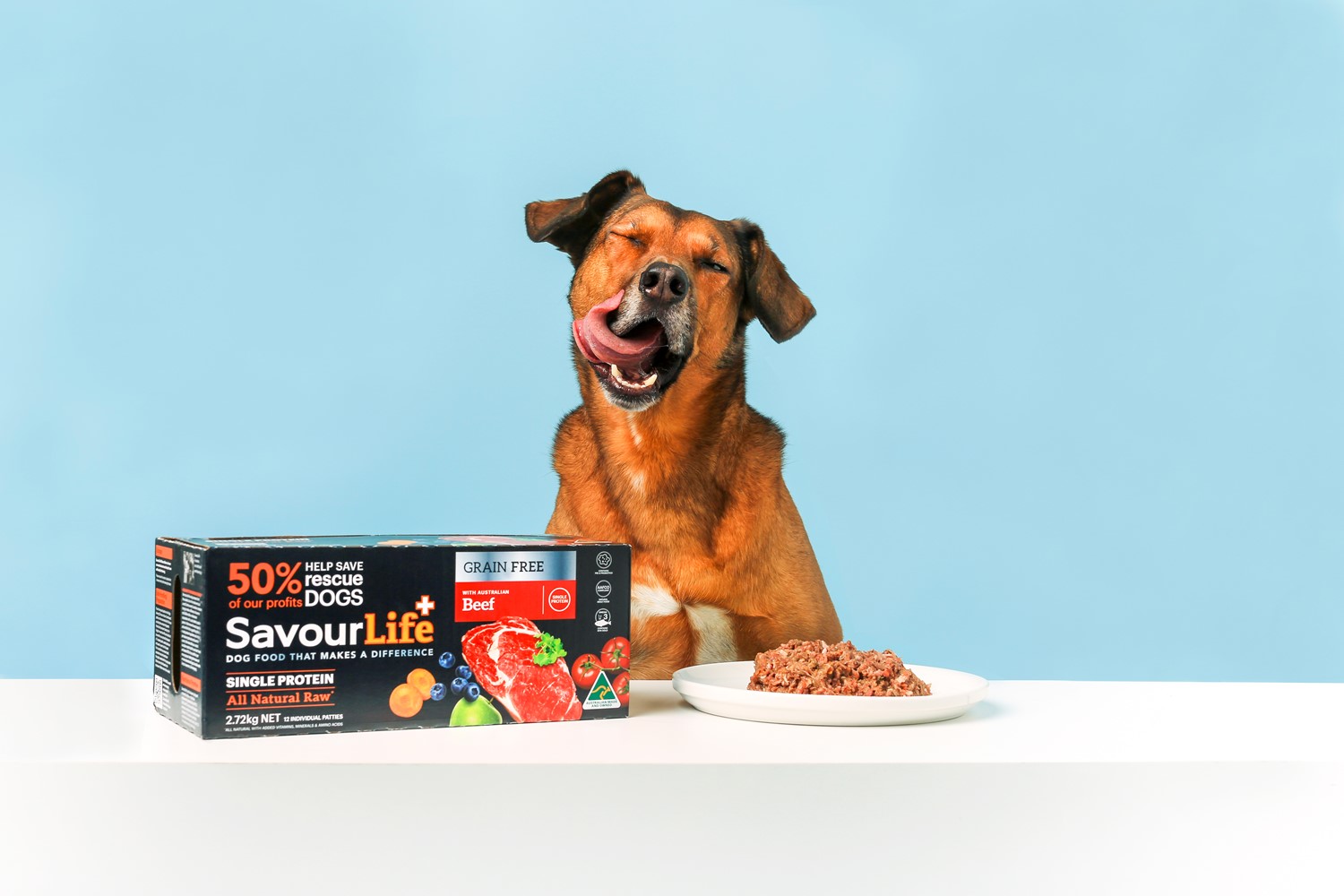
Honourable Mention: Special Diets for Every Stage
Every dog is unique, and some may need a little extra love in the food department at any stage of life. Ask your vet about special diets if your dog:
- Has food allergies or intolerances
- Needs to gain or lose weight
- Has a medical condition like pancreatitis, kidney disease, or arthritis
Wrapping It Up: Feed with the Future in Mind
Feeding your dog right isn’t just about what goes in the bowl—it’s about the life they get to live because of it. From zoomie-filled puppy mornings to golden-sunset senior strolls, each life stage deserves nutrition that supports health, happiness, and tail wags.
By understanding your dog’s changing needs, you’re not just feeding a pet—you’re caring for a beloved family member.

